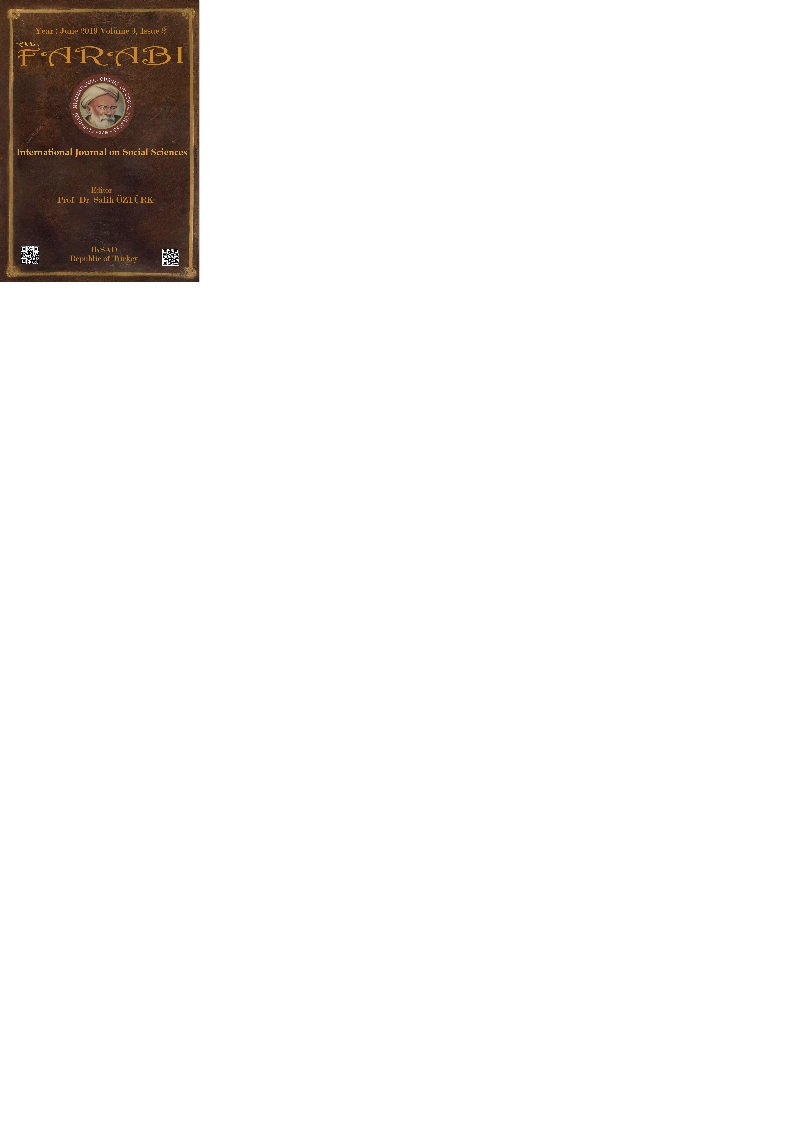PLATON’UN TIMAIOS VE ŞÖLEN DİYALOGLARINDAKİ KAVRAMLARINA FARKLI YAKLAŞIMLAR
Anahtar Kelimeler:
Kristeva, Irigaray, Platon, DişilÖzet
Platon’un Timaios diyaloğunda ifade edilen ‘‘khôra’’ kavramı ve şölen diyaloğu önemli fikirler sunmaktadır. Platon’un bu kavramı yorumlama şekli daha çok evren ve evrenin yaratılması hakkında iken, Kristeva ve Irigaray gibi feministler bu kavramı çağdaş feminist tartışmalar ile yeniden ifade etmişlerdir. Platon’un khôra kavramı yaratılışın temeli iken, Kristeva’ya göre khôra kadının öznelliğini ve benliğini yarattığı alan, Irigaray için ise dişil bir mekandır. Kristeva ve Irigaray, toplum üzerinde hâkim olan patriarkal ideoloji bağlamında post-yapısalcılık, psikanaliz ile dil ilişkisini ele almaktadırlar. Dil, eril tahakkümün ezici ağırlığının altındadır. Erilin daima üstün, akıllı, güçlü, dişilin ise aşağı, zayıf kabul edildiği bir dil anlayışı söz konusudur. Kadının haklarını savunmak, kadını özgürleştirmek, toplumda var etmek, ‘‘özne’’ olmasını sağlamak için ilk olarak dile karşı koymak elzemdir. Bu söz konusu feministler, kadın ile erkek arasındaki ayrımcılığı ve hiyerarşiyi kapsayan dilin hakkaniyetli kullanımı sağlanırsa, içinde bulunduğumuz ataerkil anlam-değer dünyasını bozguna uğratılabilmenin mümkün olacağını düşünmektedirler. Bu çalışma ile Platon’un diyaloglarından yola çıkarak kadınların kendi benliklerini oluşturmalarının sağlanması amacına yönelik feminist söylemler incelenecektir




